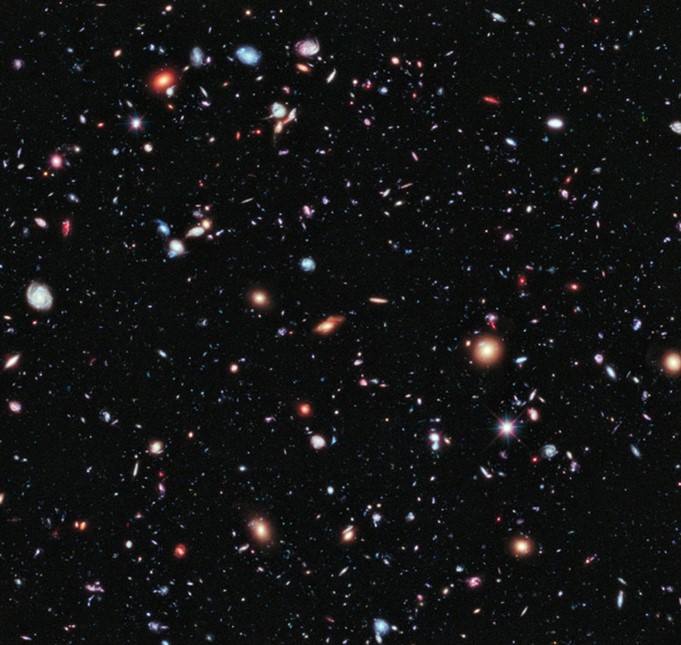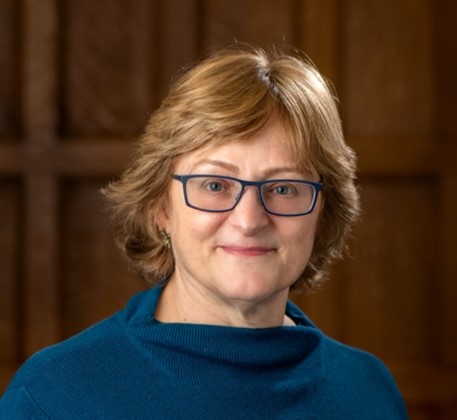COLLOQUIUM 2023
Black Holes, Galaxies, and the Evolution of the Universe
| Speaker | Prof Meg Urry, Yale University |
| Date/Time | Wednesday, 18 October, 12.30 PM |
| Location | Lecture Theatre 31 |
| Registration link | https://commotion.page/view/5QoG46RodBZsGPlMd0jW |
Abstract
Black holes form at the centers of galaxies in the young Universe and, over the next 13 billion years, they grow together by factors of a million or more in mass. This growth generates energy that affects galaxy evolution, including that of the Milky Way galaxy in which we live. In this talk, I give several alternative descriptions of a black hole, explain how recent multi-wavelength surveys of the sky have provided a census of black hole growth, and show computer simulations that illustrate galaxy mergers and the evolution of the universe across cosmic time – all of which explains how the present-day universe came to be.


Biography
Meg Urry is the Israel Munson Professor of Physics and Astronomy at Yale University, Director of the Yale Center for Astronomy & Astrophysics, former Chair of the Yale Physics Department, and former President of the American Astronomical Society. She got her Ph.D. in Physics from the Johns Hopkins University and her B.S. in Physics and Mathematics from Tufts University. Her scientific research on active galaxies appears in over 375 refereed research papers, including one of the most highly cited review papers in astronomy. She is a Fellow of the American Academy of Arts and Sciences and National Academy of Sciences, and received the High Energy Astrophysics Division Distinguished Career Award, Annie Jump Cannon, and George van Biesbroeck prizes from the American Astronomical Society, the 2015 Edward A. Bouchet Leadership Award from Yale University, and the 2010 Women in Space Science Award from the Adler Planetarium. She is the founding Physics instructor for the Global Teaching Project, which provides advanced courses to promising high school students in under-served areas, beginning with a pilot program in rural Mississippi. She also writes about science for CNN.com.
